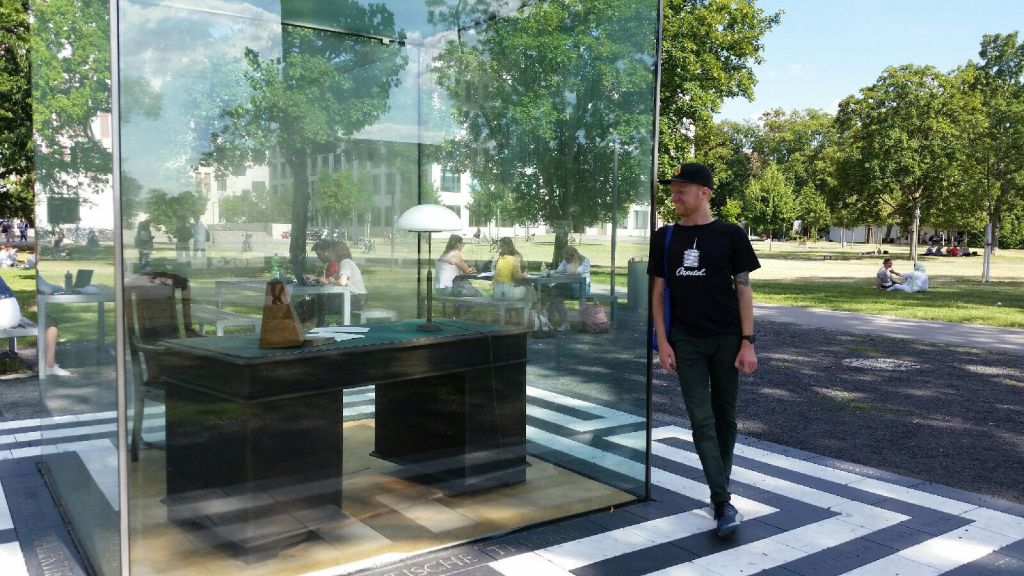
I am an Assistant Professor of Philosophy at Southern Utah University. I completed my PhD at Indiana University in 2021. Before that, I did my MA at University College Dublin.
My research focuses on 19th & 20th century European philosophy, aesthetics, and philosophy of/in literature (usually with some overlap in ethics and moral psychology). My writing engages with themes of individuality, character, pain, and self-understanding in their aesthetic and ethical dimensions. In doing so, I draw primarily on the German Romantic and Expressionist traditions, aesthetics, and modernist literature and its theory. I take particular inspiration from, and sometimes write about Herder, Schiller, Schopenhauer, Nietzsche, Woolf, and Adorno. I am currently working on a book that investigates the phenomenon of aesthetic vanity, or the experience of thinking an artwork is about you.
I am the Assistant Director of the North American Division of the Schopenhauer-Gesellschaft based in Frankfurt am Main, Germany. Along with Colin Marshall, I am an organizer of the Online Schopenhauer Working Group.
*In the picture above, I am fifty years late for Adorno’s office hours.